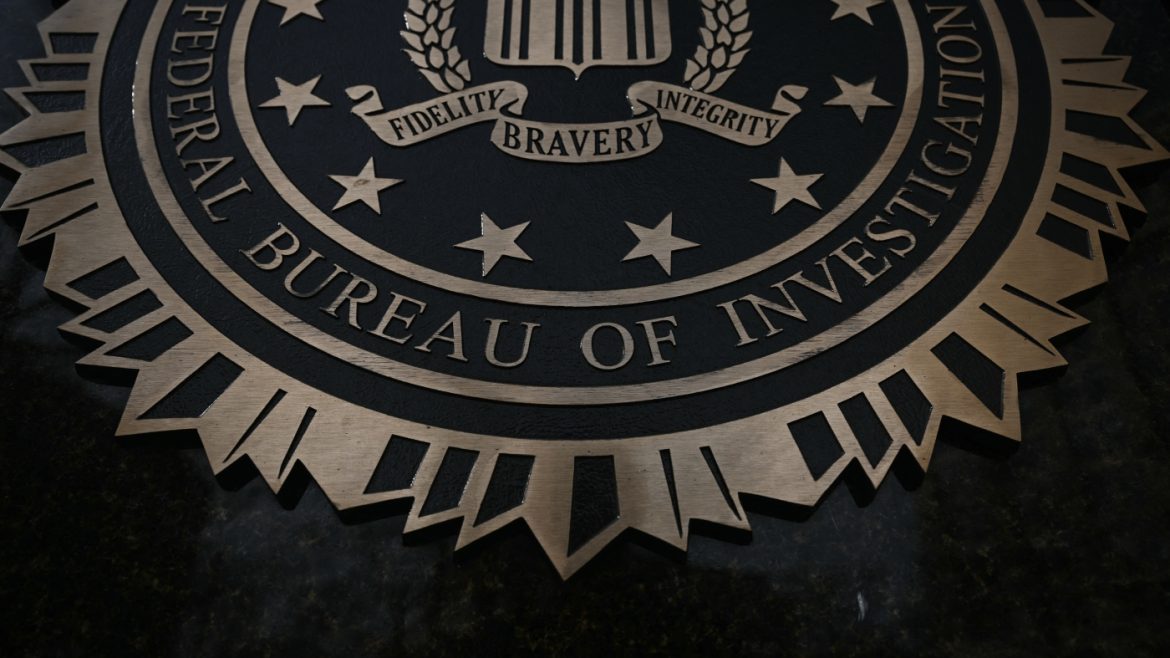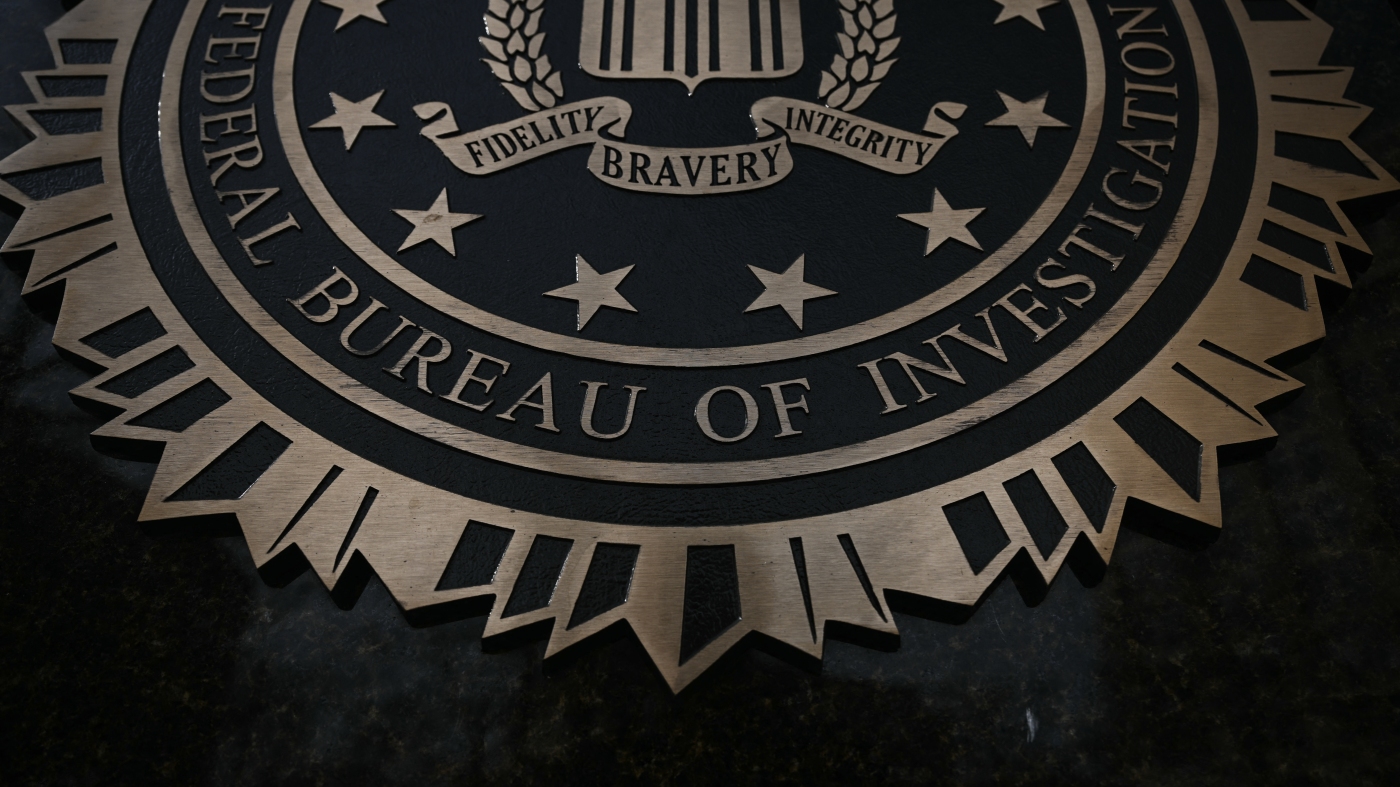The recent announcement by FBI Deputy Director Dan Bongino marks a significant shift in investigative priorities with the reopening and intensification of scrutiny on several high-profile cases that occurred during the Biden administration. This development underscores the FBI’s renewed focus on politically sensitive investigations involving public corruption and national security concerns. Three cases stand out prominently in this investigative revitalization: the January 6, 2021, Washington, D.C. pipe bombings, the 2023 cocaine incident at the White House, and the highly controversial leak of the Supreme Court’s Dobbs v. Jackson Women’s Health Organization draft opinion in 2022.
Revisiting the January 6 Pipe Bombings: Revising Security Failures and Political Violence
The first of these reopened cases involves the twin discoveries of undetonated pipe bombs near the Democratic National Committee (DNC) and Republican National Committee (RNC) headquarters on January 5, 2021, just one day before the Capitol insurrection. These devices were uncovered by a passerby and posed a significant threat amidst the politically charged environment as supporters of former President Donald Trump stormed the U.S. Capitol.
The initial investigation was extensive but has now been reprioritized, with new resources allocated to thoroughly reexamine the circumstances surrounding the bomb placement. This renewed scrutiny highlights the FBI’s commitment to addressing the violent extremism and domestic terrorism that escalated around the Jan. 6 events, a day that exposed serious vulnerabilities in American domestic security. The reexamination also suggests potential new leads or technical advances in forensics and intelligence gathering that could shed light on unresolved aspects of the case, possibly linking to broader conspiratorial networks involved in the delayed explosion plotting.
Biden White House Cocaine Discovery: Unanswered Questions at the Heart of Power
Another investigation reopened is the probe into the 2023 incident when a bag of cocaine was found on the premises of the White House. This case captured public attention due to its unusual and alarming proximity to the seat of federal power, raising questions about security lapses and the potential for illicit activities within or near the presidential residence.
The initial investigation concluded without pinpointing the responsible parties or clarifying the circumstances that allowed narcotics to surface in such a high-security environment. By reinvesting investigative resources, the FBI appears determined not only to resolve who was involved but to uncover any larger patterns of misconduct or security vulnerabilities that might compromise the integrity of national governance. This renewed effort reflects an intensified focus on public corruption and illicit activities intersecting with government operations, signaling to the public a zero-tolerance stance on criminal activities around the White House.
The Dobbs Leak Investigation: Protecting Judicial Confidentiality in a Politicized Era
Perhaps most politically charged among the three is the FBI’s reexamination of the leak involving the Supreme Court’s draft opinion related to Dobbs v. Jackson Women’s Health Organization. The leaked Dobbs decision, which led to the overturning of Roe v. Wade, dramatically shifted the legal landscape for abortion rights across the United States by devolving authority to the states.
Originally, the leak investigation failed to identify the responsible party, sparking considerable controversy and fueling debates about judicial confidentiality, political strategy, and information security within one of the nation’s most secretive institutions. The FBI’s renewed probe aims to harness new investigative strategies and resources to finally resolve this breach of trust.
This case is emblematic of the tension between transparency, security, and political maneuvering in contemporary America and reflects the challenges the FBI faces in navigating highly politicized environments while maintaining public trust. It also touches on the broader context of how the judiciary interacts with the executive branch and the public sphere amid contentious policy debates.
Implications of Reexamining These Politically Sensitive Cases
The decision to reopen these investigations sends a clear message that the FBI intends to strengthen accountability and transparency regarding events that have shaped recent political and public discourse. By focusing on “potential public corruption,” these cases collectively represent an intersection between criminal law enforcement and the charged political climate.
The reevaluation of these probes may also reflect broader strategic recalibrations within the Justice Department and FBI leadership, possibly influenced by evolving political directives or new evidence coming to light. It could signal a shift towards addressing gaps in previous investigations or responding to public demand for answers in contentious matters that have implications for national security, governance, and institutional integrity.
Moreover, this investigative momentum may catalyze further probes into related incidents, fostering a climate where unresolved or politically sensitive cases receive renewed attention, possibly impacting future policy and law enforcement approaches.
Conclusion: A New Chapter in Scrutiny and Accountability
The FBI’s renewed focus on the January 6 pipe bombs, the White House cocaine incident, and the Dobbs opinion leak collectively illustrates the complexity and high stakes involved in investigating politically sensitive events. These cases not only involve the intersection of crime and politics but also tap into broader themes of national security, judicial confidentiality, and the integrity of democratic institutions.
As the FBI marshals additional resources and adopts a more scrutinizing lens, these reinvestigations promise to deepen public understanding of these incidents and reinforce the principle that no sphere of government or public life is beyond thorough and impartial inquiry. The outcomes hold the potential to redefine narratives around security, corruption, and political accountability in a deeply divided nation, underscoring how the pursuit of truth remains central to preserving democratic governance.


